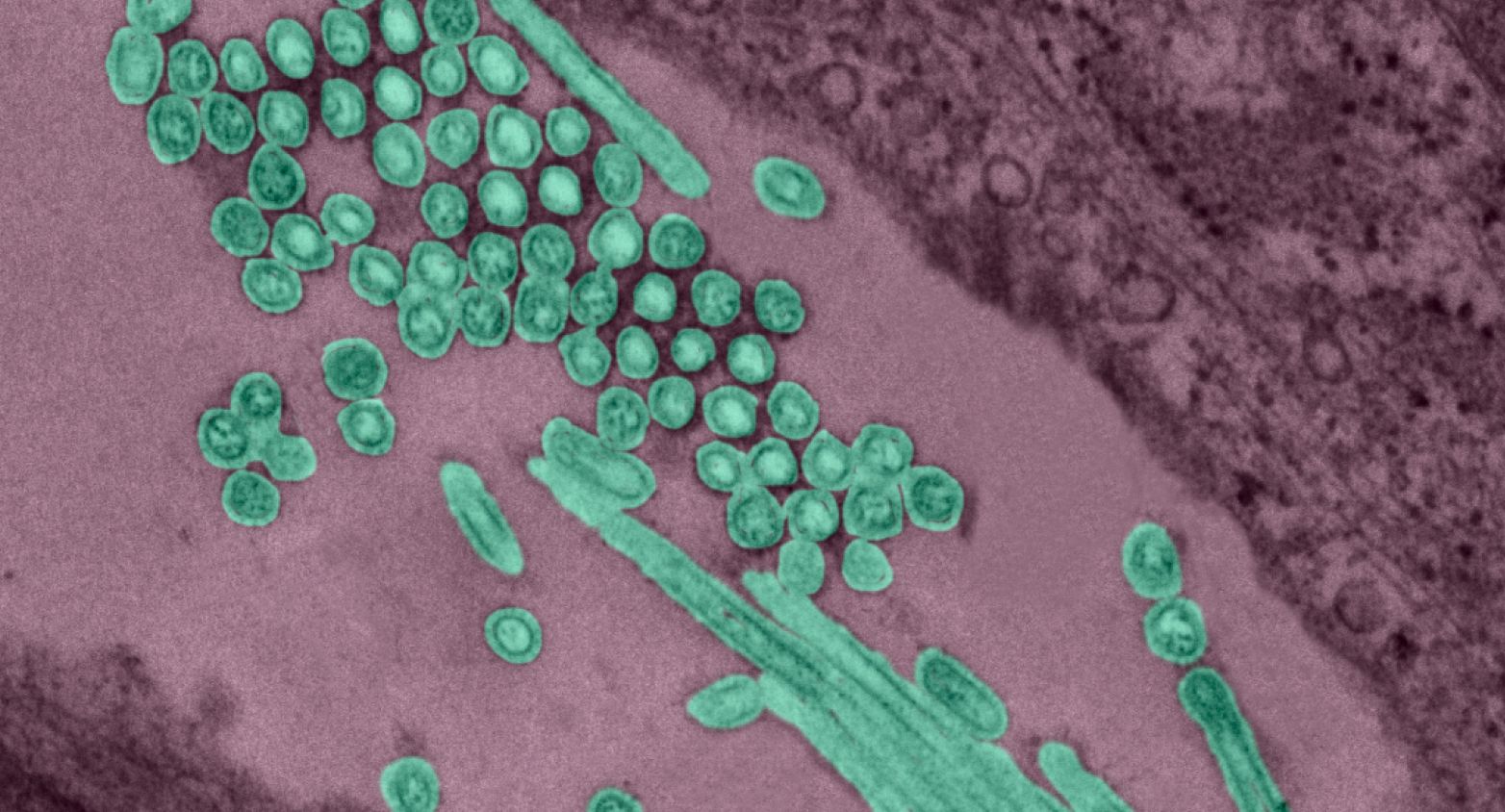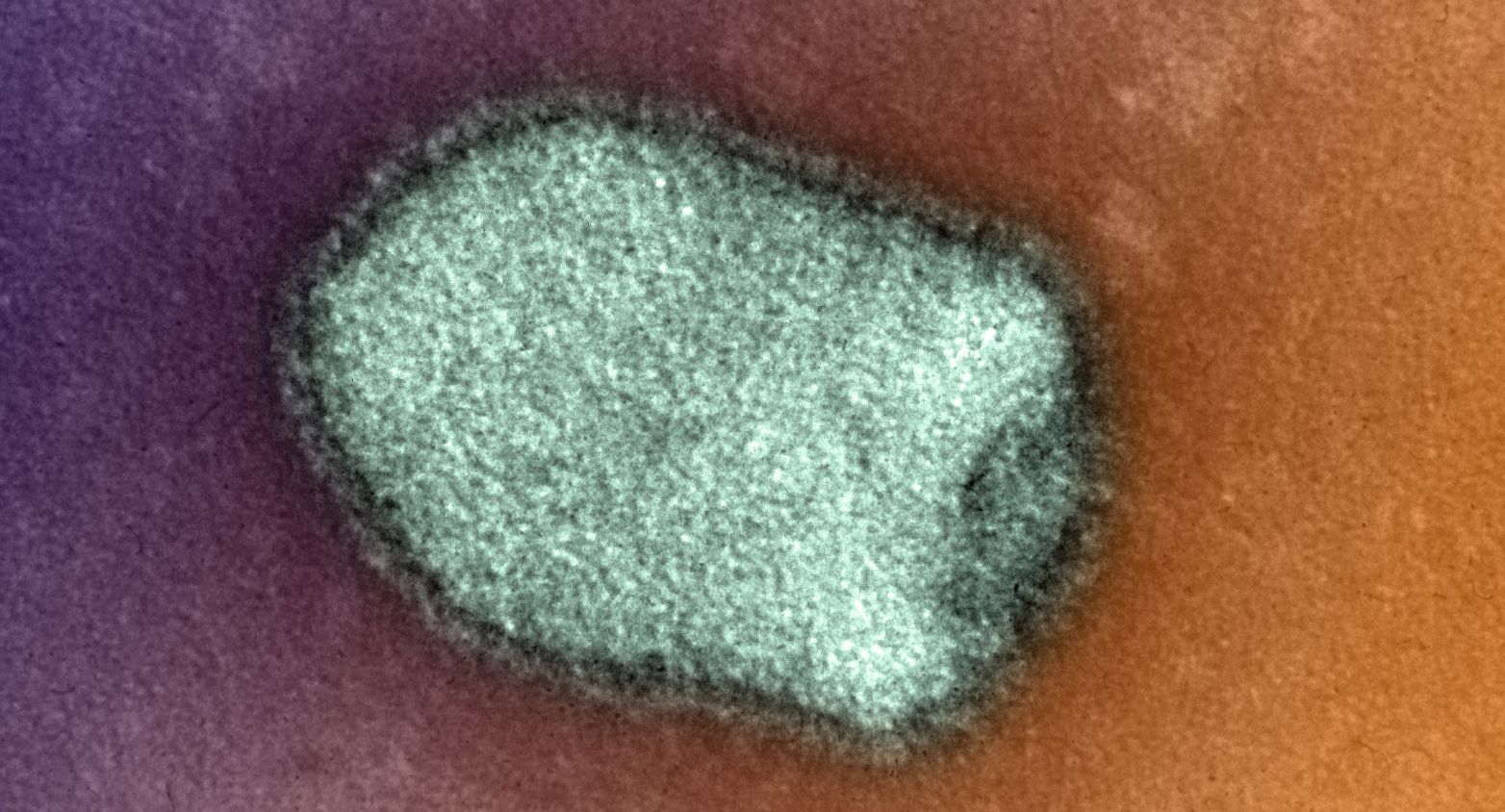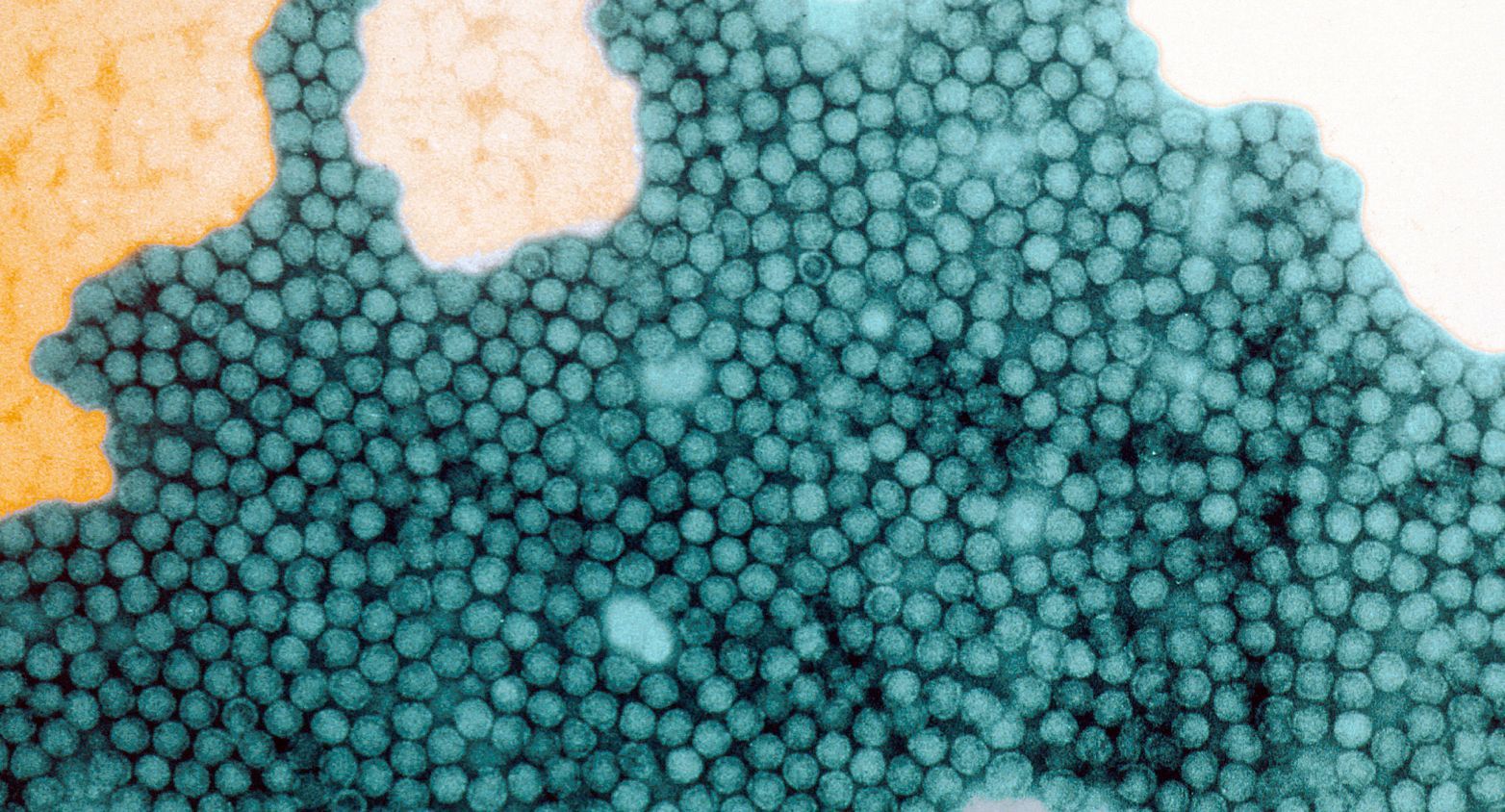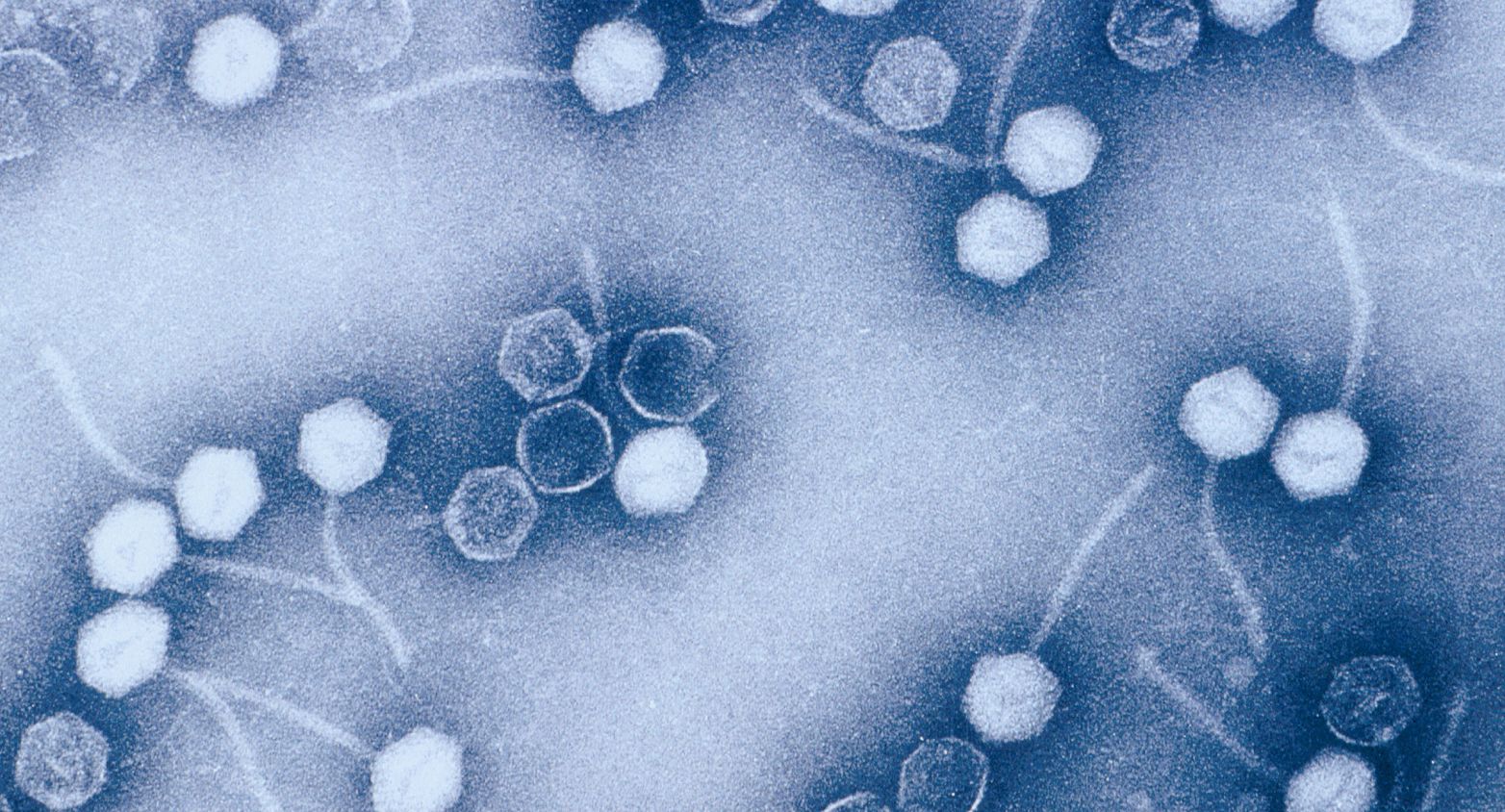The CIP is one of the oldest microbial biobanks worldwide. Collaborations with scientists from the Institut Pasteur and deposits of strains by French and international scientists contribute to the continuing growth of the collection. The CIP works closely with the Institut Pasteur units that are partners of EVAg, the European Virus Archive Global. They ensure distribution of viral strains and associated data (properties, preservation conditions, identification).
The CIP collection of bacteriophages is not part of EVAg.
The virus collections are operated by the Institut Pasteur laboratories that are partners in EVAg.

The collection of the National Reference Center for Respiratory Viruses consists of prototype strains and isolates sampled from community and hospital networks in France from 1996 for different respiratory viruses, including influenza viruses of different (sub)-types, SARS-CoV-2 of various lineages, RSV.
For any technical information, contact grippe@pasteur.fr

Arboviruses are viruses transmitted by arthropod vectors. They can cause some severe diseases, such as encephalitis or hemorrhagic fevers. This collection includes different arboviruses, such as dengue virus, West Nile virus, Chicungunya virus and their derivatives.

This collection includes different lyssaviruses. Lyssavirus includes the causative agent of rabies, which is prevalent throughout the world and is transmitted via bite wounds.
For any technical information, contact lyssavirus.biobanking@pasteur.fr

Different retroviruses: the oncoretrovirus HTLV (Human T-Lymphotropic Virus), which causes leukemia, and the lentiviruses HIV1, HIV2, which cause Acquired Immune Deficiency Syndrome. This collection is not referenced in EVAg.

The enterovirus collection consists of prototype strains of different enterovirus types and of field strains sampled in Europe from 1970 through 1995. Enteroviruses include polyoviruses and Coxsackie viruses.
For any technical information, contact caroline.binet@pasteur.fr

This collection is currently under preparation. It includes 96 bacteriophages and 403 Escherichia spp strains that have been phenotypically characterized and sequenced.





For bacteriophages, through cip@pasteur.fr
For viruses, through the EVAg portal, click on the button below.
Make an order